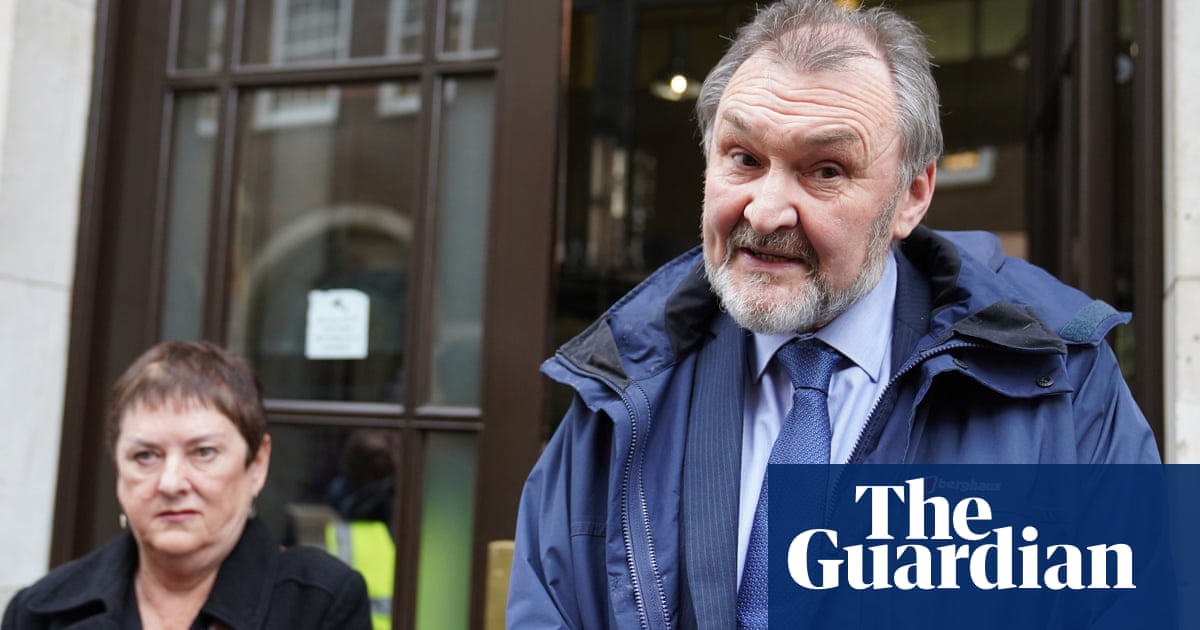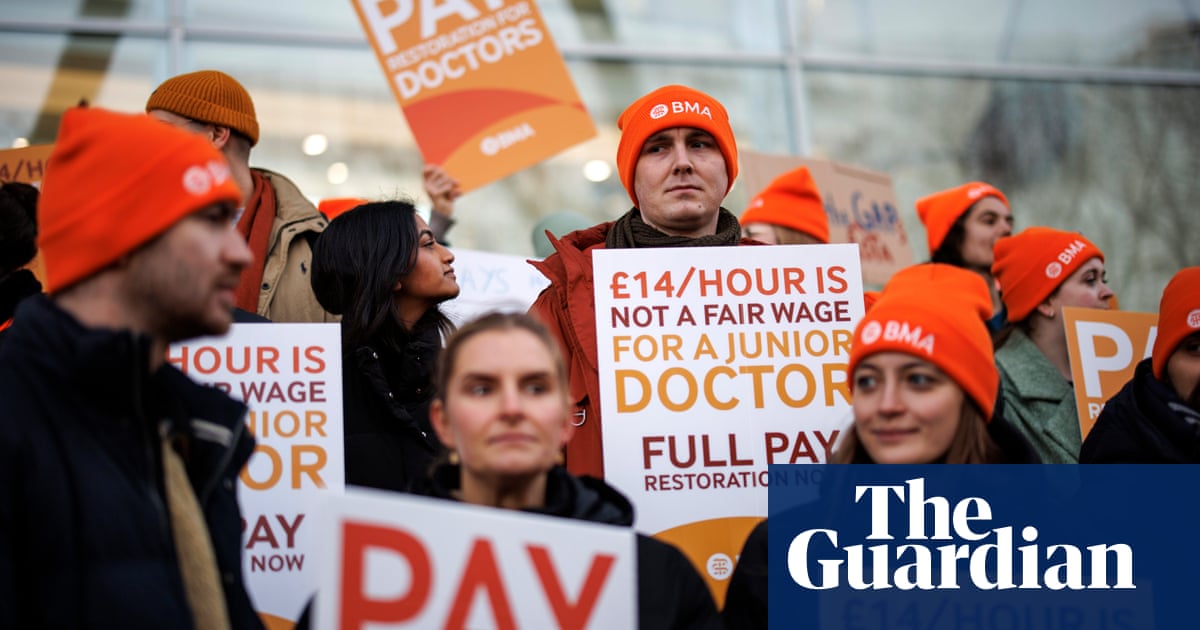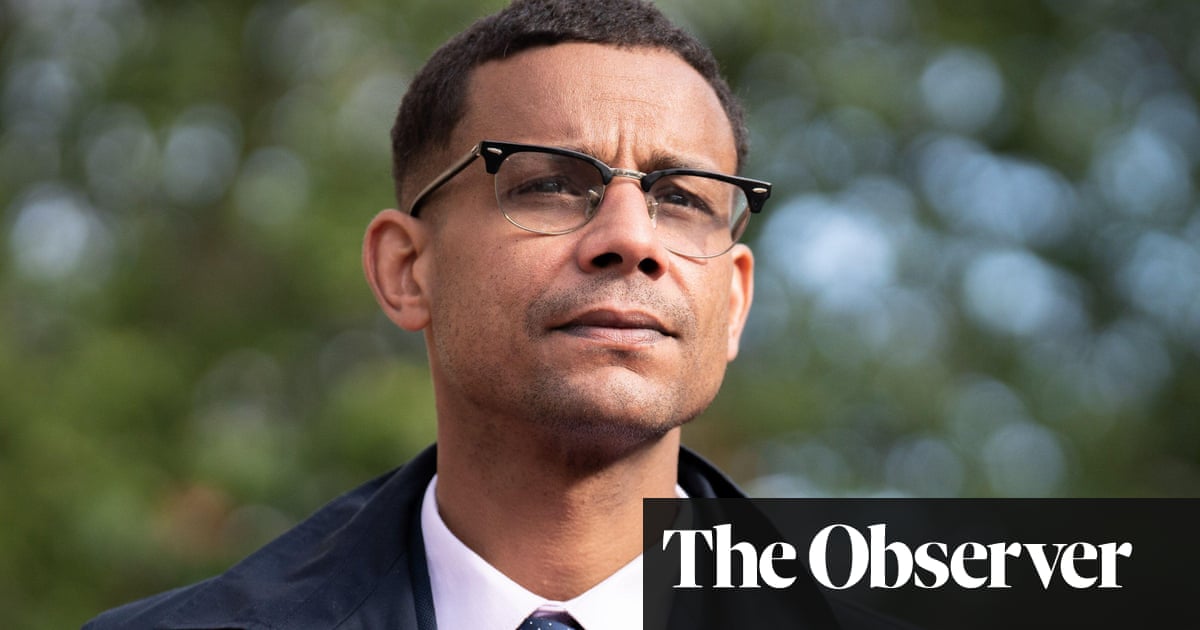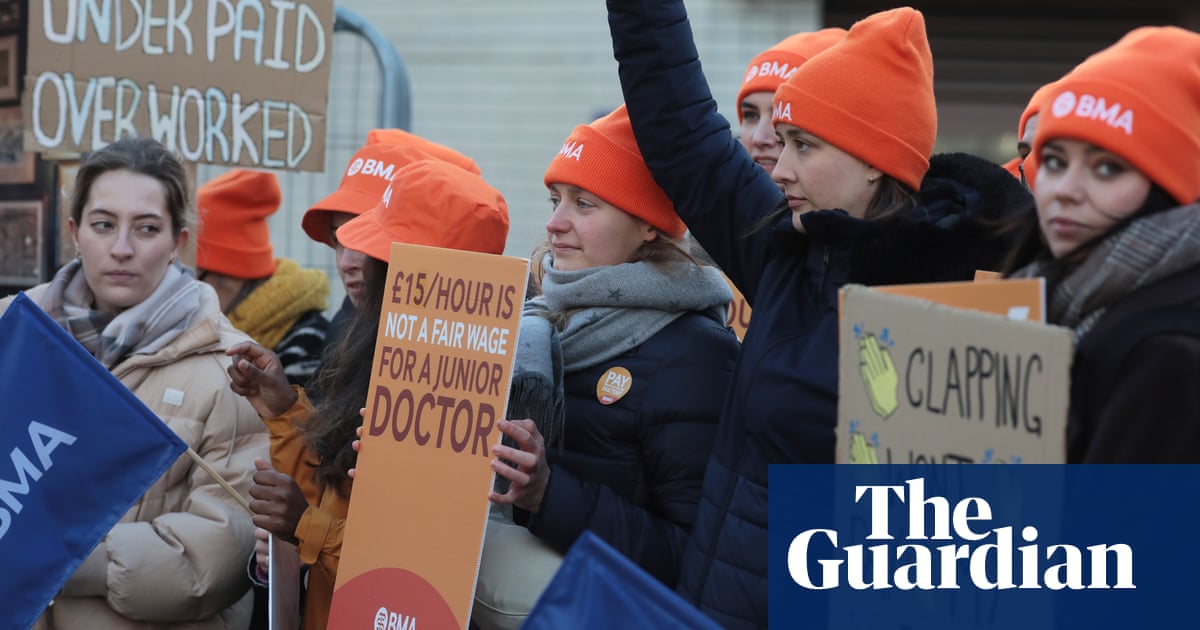
The head of the largest civil servants union has warned ministers that “coordinated and synchronised” strike action across the economy will “significantly escalate” from January.
Mark Serwotka, the general secretary of the Public and Commercial Services Union (PCS), was speaking as his members employed in passport control for Border Force set up picket lines at Britain’s largest airports on Wednesday, in a four-day strike set to continue until New Year’s Eve.
He pointed to a series of possible fresh strikes as half a million teachers are balloting for strike action, as are firefighters, and junior doctors could also vote for strike action next month.
Serwotka told Sky News: “I think it is only a matter of time before all the unions recognise the government is the cause of these disputes, so we will work closer together, and I think we will see action that is coordinated and synchronised, and escalating.
“Because, if we go into 2023 with millions of people suffering in-work poverty, including the government’s own staff, something has to be done. So they either negotiate, or I believe we will see the action escalate.”
So far only 4,000 to 5,000 PCS members have taken part in the current strike action, but Serwotka said 100,000 members overall have voted to go on strike.
In a briefing to journalists on Wednesday, Downing Street gave no sign that ministers are prepared to make concessions on pay. A spokesperson said: “We want the strikes to come to an end, we want people to agree a fair pay settlement but, as we’ve said before, what we can’t do is allow for double-digit pay rises that will embed inflation going forward, which will impact the amount of money people have going forward.”
The spokesperson encouraged unions to resume talks with employers, adding that the prime minister wanted to see employers and unions “reach a fair agreement”.
As Border Force staff resumed action over pay, jobs and working conditions, civil servants were on Wednesday being called in to help military personal covering striking workers at airports including Heathrow and Gatwick in London, as well as Birmingham, Cardiff, Glasgow and Manchester, and the port of Newhaven.
While previous Border Force strikes, which ran from 23 to 26 December, caused minimal disruption as they fell during a time of low passenger traffic, union leaders have said the dispute could carry on for six months if the government refuses to negotiate.
Meanwhile, members of the Transport Salaried Staffs’ Association (TSSA) on Great Western Railway and West Midlands Trains joined a series of rolling strikes by the union at various operators that began on 23 December, striking from noon on Wednesday to 11.59am on Thursday.
West Midlands Trains said none of its services ran on Wednesday morning as a result of the TSSA strike.
The action adds to the chaos on the rail network, which was still struggling to recover from overrunning engineering work after the RMT strike between Christmas Eve and Tuesday morning.
The TSSA’s organising director, Nadine Rae, told BBC Radio 4’s Today programme it was up to the government to shift its stance and avoid further chaos. “It’s the government that needs to shift this situation, and we really want them to. We know the disruption is frustrating for people.
“Things have not changed since before Christmas in terms of a deal. It’s still in the government’s gift to ensure the employers can freely negotiate and can put together a deal that’s acceptable to our members and affordable to employers.”
Driving examiners and rural payment officers have also been holding rolling strikes since 13 December, and are expected to continue their industrial action until 16 January.
Network Rail workers are set to resume strikes next week, just as people get back to work in the new year. RMT union members will strike over pay and working conditions from 3 to 4 January, and from 6 to 7 January.












